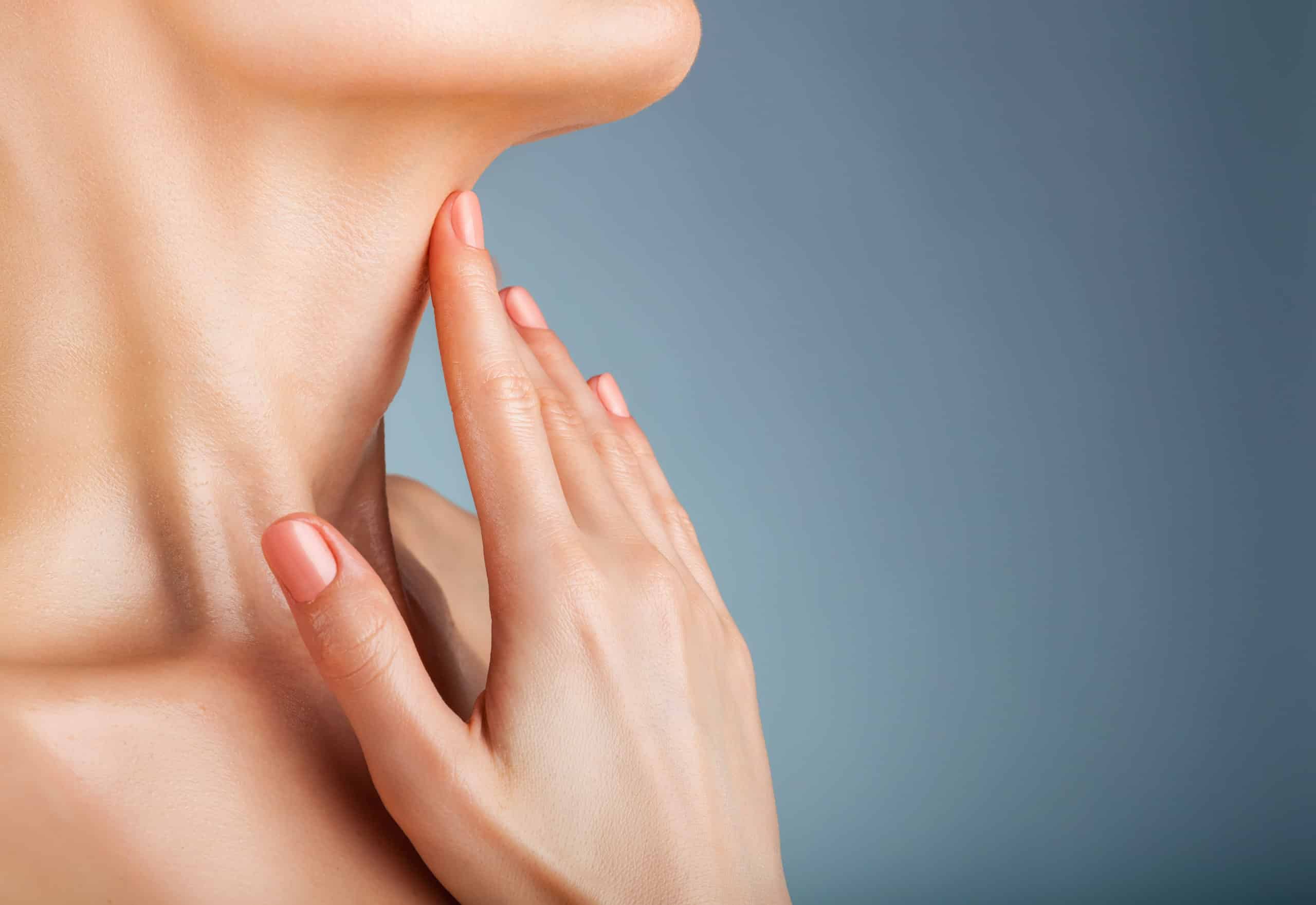
BodyLuxe Team
September 8, 2022

With Summer right around the corner, you might already be making plans to enjoy some fun in the sun. With warmer, brighter days ahead, it’s important we discuss how to protect our skin from one of its biggest enemies – the Sun.
So what is SPF? SPF stands for Sun Protection Factor and it comes in various strengths and can be applied in different ways. The goal is the same – to protect you from harmful UVA and UVB rays. What is the difference between the two? Here is an easy way to remember:
UVA are the “Aging” rays and can prematurely age your skin, causing wrinkles and age spots, and can pass through window glass – not to mention skin cancer.
UVB rays are the “Burning” rays and are the primary cause of sunburn and are blocked by window glass.
It’s important to note that UVB rays vary in strength depending on the season and the proximity of the sun whereas UVA rays are the same year round. This is why it is recommended to wear SPF no matter the weather or the time of year.
There are two types of sunscreen; one is chemical and the other is physical. Chemical sunscreens work like a sponge, absorbing the sun’s rays. They contain one or more of the following active ingredients: oxybenzone, avobenzone, octisalate, octocrylene, homosalate, and octinoxate. These formulations tend to be easier to rub into the skin without leaving a white residue. Physical sunscreens work like a shield, sitting sit on the surface of your skin and deflecting the sun’s rays. They contain the active ingredients zinc oxide and/or titanium dioxide. Opt for this sunscreen if you have sensitive skin.
Sunscreen should be applied liberally and should contain an SPF of 30 or higher. An SPF of 30 will protect you from approximately 97% of the suns rays. There is little additional protection in higher numbers. As sunscreen is worn or washed off throughout the day, it should be reapplied every two hours or as necessary in order to continue to be effective. Those with particularly fair or sensitive skin may want to double down on sun protection by wearing a hat or specialized clothing.
What is the shelf life of your sunscreen? The FDA requires that sunscreens remain effective for 3 years. If your sunscreen does not have an expiration printed on the bottle, simply use a marker to write the date of purchase on the bottle to help you remember when you purchased it. You should use your sunscreen often enough that this will likely not be an issue.
Using sunscreen is an integral part in keeping your skin looking youthful, healthy and safe. Please do not hesitate to reach out to one of our skin care experts for recommendations and advanced product knowledge specific to your skin and its needs.
Do you still have questions? Give us a call!
This is your season to refine, sculpt, and elevate your confidence.
This limited-time offer ends March 31, and appointments are filling quickly.
Tap below to reserve your consultation and let BodyLuxe sculpt your summer look.